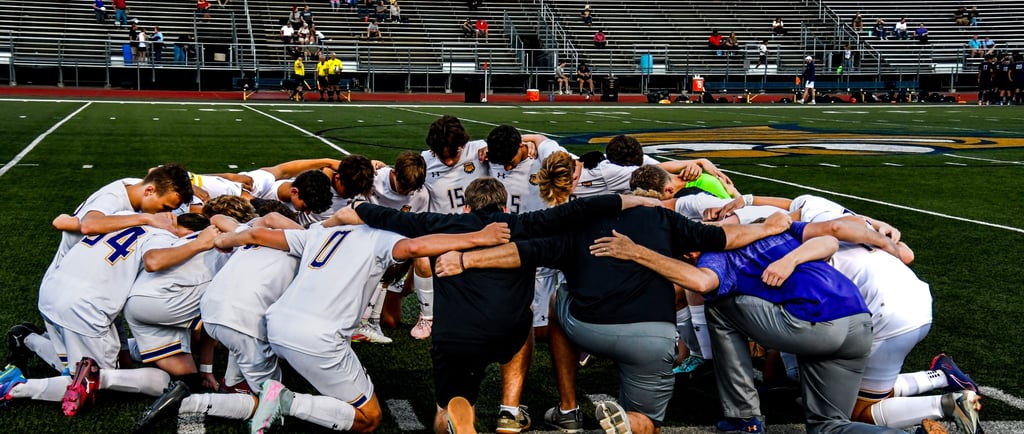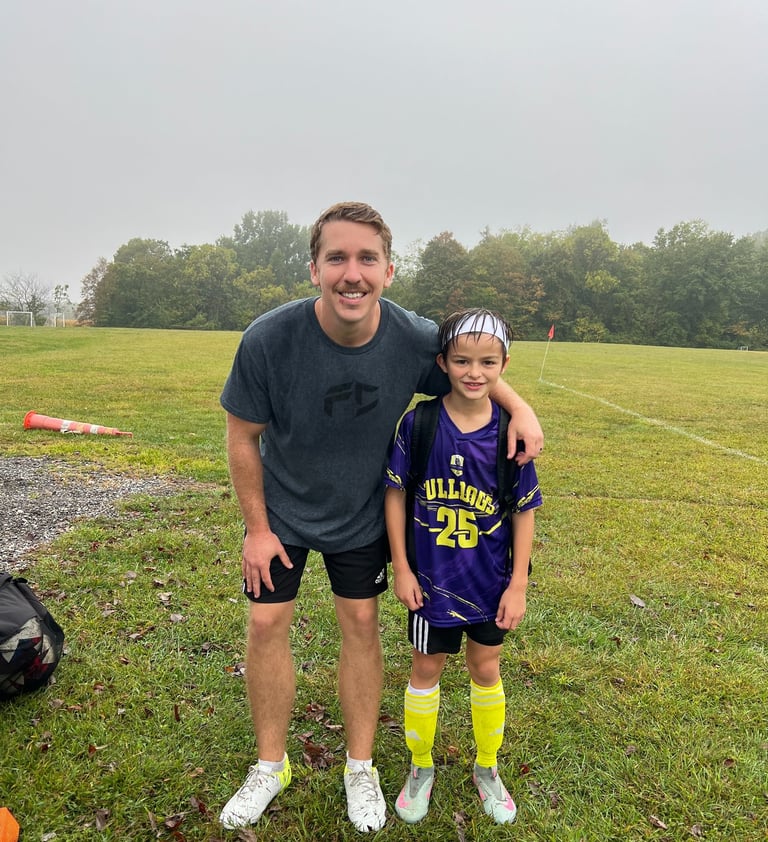Why Private Soccer Training is Exploding in the U.S. — And What It Means for Your Child
Youth soccer in the U.S. is changing rapidly. Over the last decade, private training has shifted from being something only a handful of players did to a mainstream part of player development. Parents across the country are asking: Is private training really worth it? And how do you know if it’s the right step for your child? Having coached club and high school, currently serving a Director role with a club, and now running FC Training, I’ve seen firsthand why private training has exploded — and how it can be either a game-changer or a waste of money depending on how it’s approached.
10/2/20252 min read


⚽ Why Private Training is Growing
Team practices can only do so much.
In a team setting, coaches have 15–20+ kids and only so many hours. Their focus is on tactics, fitness, and preparing for the next match. That leaves very little time for individual technical growth.Parents and players are more ambitious.
With college scholarships, academy opportunities, and even professional pathways opening up, families want to give their players every possible advantage.The U.S. is catching up globally.
In Europe and South America, kids grow up playing street soccer for hours. Here, most players only touch the ball at practice. Private training is helping bridge that gap.
🧠 The Benefits of Private Training
Individualized attention. Every player has weaknesses and strengths — private training allows us to target exactly what they need.
Confidence. Players often struggle at practice because they’re afraid of making mistakes. In a smaller setting, they can build skills and carry that confidence back to the team.
Accelerated technical growth. First touch, weak foot, ball mastery — these are skills that improve rapidly when worked on consistently outside of team practice.
⚠️ Common Mistakes to Avoid
Not all private training is created equal. Here are the biggest mistakes I see parents make:
Chasing flashy drills. If it looks more like a TikTok trick than a game scenario, it probably won’t help in real matches.
Overloading players. If a child is already training 4–5 days a week with their club, adding private sessions without balancing rest can lead to burnout.
Skipping the “why.” Training should always connect back to how it helps them in games. Without that, it’s just exercise.
👨👩👧 How Parents Can Decide if It’s Right for Their Child
Ask yourself:
Is my child asking for more training? (Player-driven passion is the best indicator.)
Are they struggling with confidence or falling behind technically?
Are they not getting enough quality reps at club practice?
If the answer to one or more of those is “yes,” then private training could be the right fit.
Private soccer training has exploded for a reason: when done correctly, it gives players the edge they can’t get in team settings. But the key is making sure it’s personalized, game-relevant, and fits your child’s needs.
At FC Training, I work with players locally here in Ohio and virtually with players around the world. If you’re considering private training, let’s chat — I’ll give you my honest opinion on whether it’s the right step for your child.
👉 Fill out the form below for more information!
Get in touch


